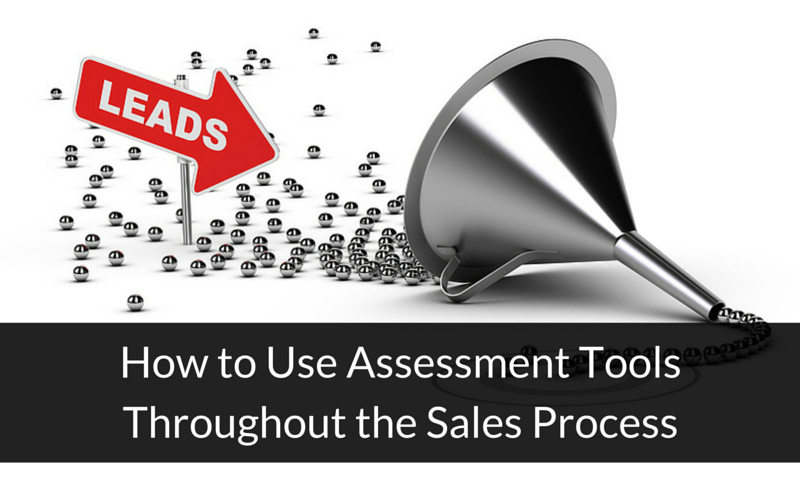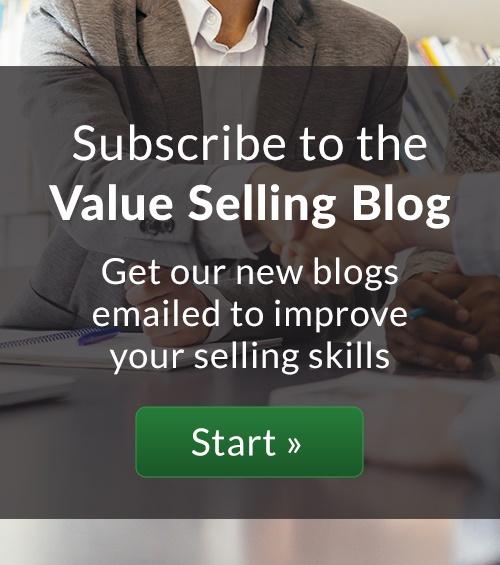Someone performs a search using keywords that lead them to your website. Maybe the prospect scans the page, clicks on a couple of products or services, and then leaves without giving you any information.
Or maybe the prospect fills out a form, but when you make contact, you learn early in the first conversation that the prospect doesn’t know your company or your solution isn't appropriate.
What if you had an easy way to get those same prospects to stay on your site longer while learning more about their problem?













